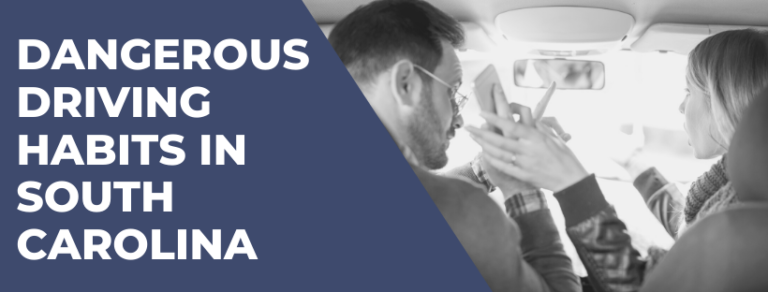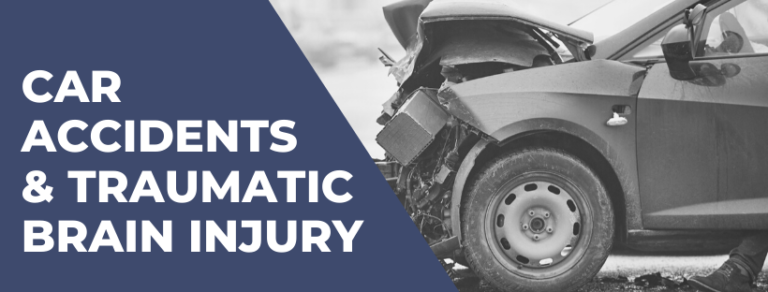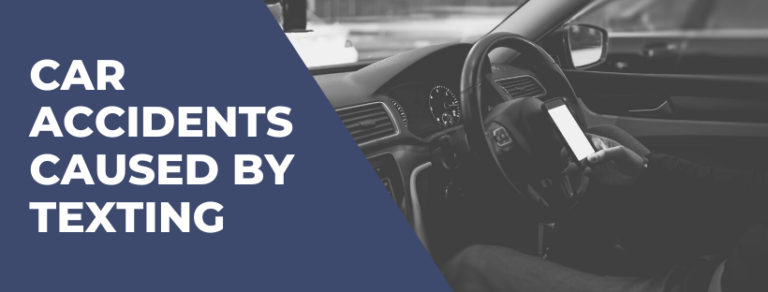Before we start looking at the unique driving laws in South Carolina, it’s important to be clear about the dangers of using phones while driving. The single most important thing you can do while driving is to be completely focused on your surroundings.
The problem is that human nature, alongside the addictive nature of smartphones, means we’re very prone to getting distracted by checking texts, answering calls, or replying to WhatsApp messages while driving.
Here in South Carolina, driving laws regarding the use of phones are not as strict as in other states. However, in 2014, South Carolina was one of 45 states that launched a complete ban on texting while driving. While steps are being taken that may increase the penalties and restrictions regarding using phones while driving in South Carolina, SC law is currently fairly relaxed about it despite the risks.
What Are the Risks of Using Your Phone While Driving?
Drivers who have developed a habit of checking their phones while driving do so because they believe they can drive safely even if they aren’t 100% focused on the road. Unfortunately, that’s not the case, no matter how good a driver you think you are. There are an average of two crashes every hour involving a distracted driver in South Carolina, according to the South Carolina Department of Public Safety (SCDPS).
Driving while distracted is dangerous. If you take just a few seconds to glance at a text message or scramble around looking for your ringing phone while driving, you could travel as far as 100 yards — just under the length of a football field. A lot can happen on the road in those few seconds as you travel a long distance.
Those few seconds of checking your Facebook notifications or looking for the right number to call can lead to devastating accidents. Fatalities are common, and entire lives can be altered forever simply because a driver couldn’t wait to discover what that latest iPhone alert was about. Never forget that distracted driving is the number one cause of car accidents.
Understanding Distracted Driving
Here in South Carolina, distracted driving is defined as:
“an activity that diverts a person’s attention away from the primary task of driving. These types of distractions include texting, using a cell phone, eating, and grooming – among others.”
All distractions, including using your phone while driving, can endanger other drivers, bystanders, and passengers. In South Carolina, the laws on distracted driving primarily focus on texting and driving, but any distraction, such as answering your phone, can lead to traumatic accidents.
South Carolina and Distracted Driving
While South Carolina does have laws regarding distracted driving, it’s a state that’s proven slower than most US states to implement laws preventing it. There have been multiple attempts to completely ban using phones while driving, but it’s still legal in South Carolina.
Right now, the only prohibition on using a phone while driving in South Carolina is that it’s prohibited to read, write, or send a text message while operating a vehicle. There are exceptions there, too. You can use your phone to send or read a text message if you are:
- Lawfully parked
- Using voice-to-text technology (a hands-free text message)
- Asking for emergency assistance
- A public safety official who is performing your official duties
- Using some form of navigational system (such as Google Maps or a GPS) solely to get updates about road conditions.
Penalties for Using Phones While Driving in SC
If you get stopped for texting while driving by the police in South Carolina, you will receive a fine of $25 for a first offense. For a second offense and any further violations, the fine will be $50. It‘s a far cry from the penalties found in other states. For example, if you get stopped for distracted driving in Georgia, you get a fine of $50 for a first offense and $150 for a second offense. Even in North Carolina, a first offense will get you a fine of $100.
The fines for distracted driving in South Carolina are some of the lowest in the US. Despite repeated attempts to raise those fines, the penalties remain low. As a result, it’s common to find many residents of SC not taking the law seriously.
However, the legal punishment for texting while driving might end up being the least of your worries. If you cause an accident due to distraction, you could end up being charged with reckless driving or even reckless vehicular homicide or wrongful death.
In February 2022, the state senate passed a bill that is now heading to the House of Representatives, aimed at increasing the penalties for using your phone while driving. It will make it a driving offense to hold or support a phone while driving. Whether it gets passed as law remains to be seen.
Driving into Other States from South Carolina
The fact is that driving laws vary by state, so it’s important to remember that other states aren’t quite as easy-going with their distracted driving laws. Ignorance of the law is not a defense, so if you use your phone while driving in SC and you cross into another state, you could get a much stiffer penalty.
In North Carolina and Georgia, you aren’t allowed to use your cell phone while driving if you’re under 18, even if you use it hands-free. In Tennessee, holding your phone while driving is prohibited for every driver, regardless of age. So if you pick your phone up to answer a call and you’ve crossed into Tennessee, you will face an instant fine of $50.
Texting While Driving: A Primary Ban
If a police officer sees a driver texting, they can pull that driver over. This is what’s known as a primary ban. It means that seeing someone texting while driving is a cause for stopping that driver. Unfortunately, the officer must have seen the driver sending or reading a text, which can be very hard to prove.
The police aren’t allowed to search through your phone, and they certainly aren’t allowed to take your cell phone from you. So even if a police officer does spot you sending a text when you’re driving, it can be challenging for them to prove it.
Always Drive Distraction-Free
Although the South Carolina driving laws about using phones while driving seem to be quite lax, you must pay attention to the road. If you want to travel safely and get to where you’re going without increasing the likelihood of life-changing vehicle collisions, get rid of distractions.
Make sure that you:
- Turn off your phone or put it out of reach before you start your journey.
- Set up your GPS, your radio, and your climate control before you start your engine.
- Let people know that you won’t be available to make or take calls or reply to messages for the duration of your journey
- If you do need to use your phone for emergency reasons, find somewhere safe to park and bring the car to a complete (lawful) parked position first.
- Give your cell phone to a passenger in the vehicle.
Distraction can be hard to avoid altogether. Even something like an aggressive driver honking their horn at you can be a distraction that reduces your safety levels.
Using Phones While Driving: Don’t Risk It
Auto accidents can be devastating, and recovery can take months or years. In many cases, complete recovery is impossible. So, although the fines for distracted driving in South Carolina are low, never overlook the risks of using your cell phone while driving.
The best thing you can do to protect yourself and others while driving is simply to put your phone away. Keep it out of reach for the duration of your journey, and only respond to messages when it’s safe to do so.
If you’ve been involved in a crash with someone who was using their phone while driving in South Carolina, seeking the guidance of a personal injury lawyer or car accident attorney is crucial. These legal professionals possess the knowledge to navigate the complexities of South Carolina’s laws regarding distracted driving and personal injury claims. They can help you understand your rights, gather evidence to support your case, negotiate with insurance companies, and advocate for fair compensation for your injuries and damages. With their assistance, you can ensure that your legal rights are protected and pursue the best possible outcome for your situation.





